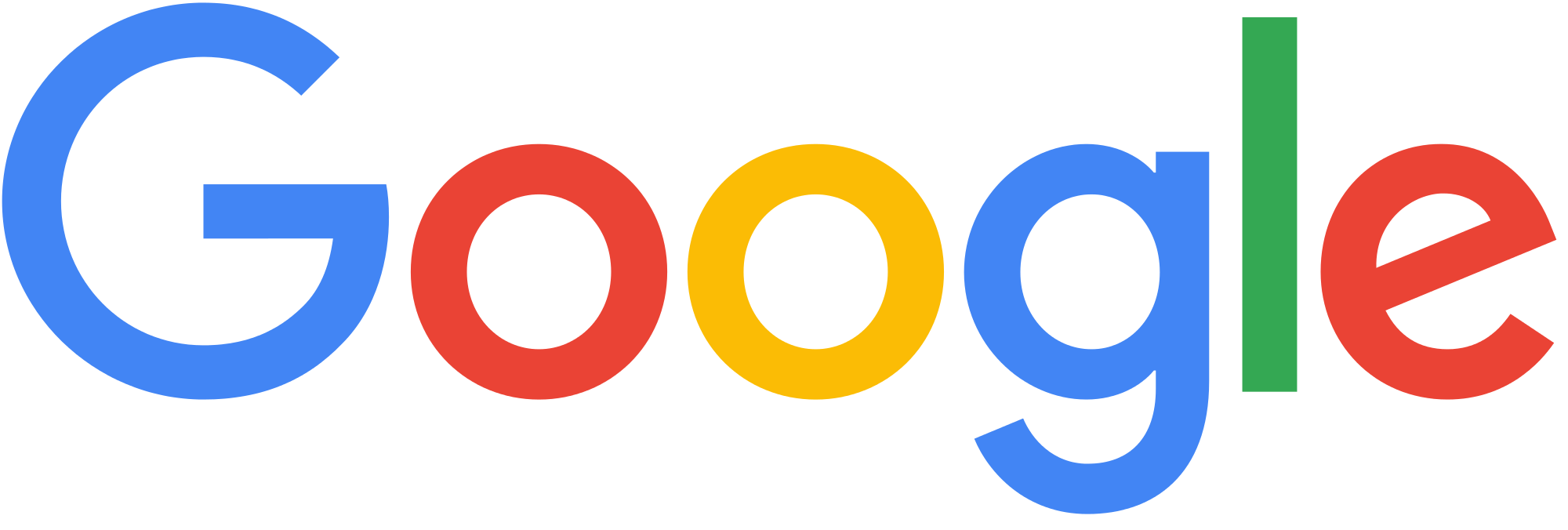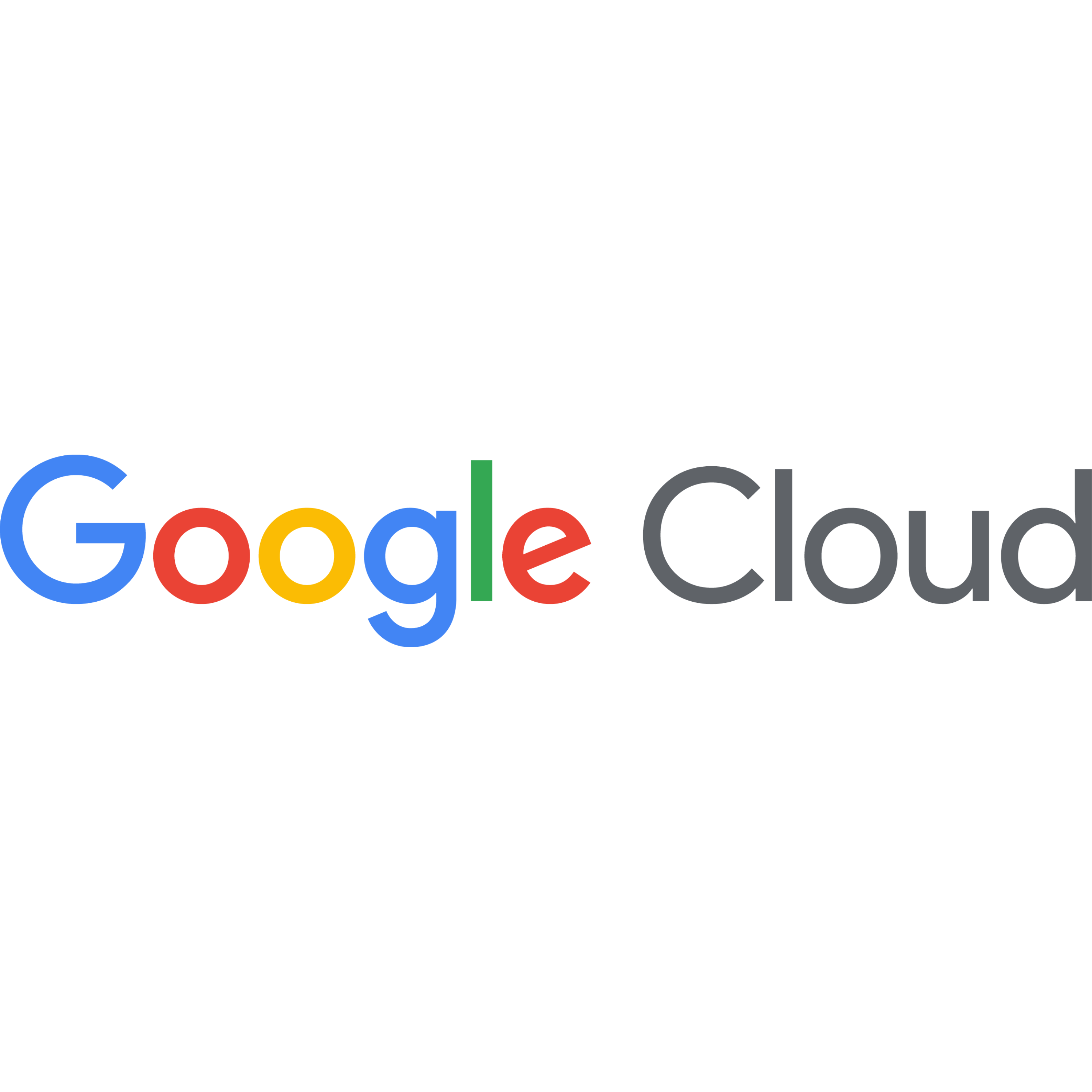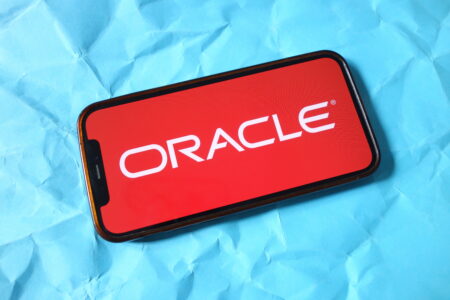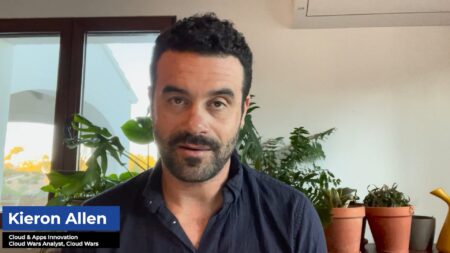Welcome to the AI Ecosystem Report, featuring practitioner analyst and entrepreneur Toni Witt. This series is intended to deliver the timely intelligence about artificial intelligence (AI) you need to get up to speed for an upcoming client engagement or board meeting.
This episode is sponsored by the AI Summit Preconference at Community Summit, taking place October 16th in Charlotte, NC. The full-day preconference is dedicated to providing an understanding of where, why, and how AI should be applied to drive business results.
Highlights
Innovation (00:42)

Google is planning to release its large multi-modal model, Gemini, later this year. Recent reports describe how Google is working with some companies to undergo early testing of Gemini. The tool will be primarily accessible through Vertex AI, the company’s AI suite.
There will be a couple of different models of different sizes to meet the technical requirements of specific use cases. Allegedly, the model will have more than a trillion parameters. Google is one of few organizations that has access to compute resources, such as the tensor processing unit (TPU) chips required for this model to become a reality.
With the development of training such a large model, there are some challenges. Training cost is a huge one. Enterprise customers who want to use these models have concerns about where the training data is coming from and the safety of their own data.
Mega-models such as Gemini will serve as the foundation models that actually write the code and train other models, which will be smaller and more industry- and use case-specific as well as faster and more efficient. With Google being such a large company, it has many use cases for AI internally. Having the technology built into its offerings could be a good long-term investment.
Funding (03:49)

Writer announced that it secured $100 million in Series B funding. This funding will accelerate the development of Writer’s industry-specific models. The company’s product is based on an LLM which it fine-tuned itself. The company has a team of 100 employees and claims to have grown revenues by 10x over the last two years
The Writer platform is used for generating documents, ads, copy, websites, and more. Writer differentiates from other LLM providers in that it connects to real business data. The results ensure that the generated language is on-brand, compliant, and contains fewer hallucinations or errors.
Palmyra LLMs are what Writer calls its models, which are all open-source. It also doesn’t use customer data for retraining but the models can be self-hosted on premise. The Palmyra models are under 43 billion parameters. Being a smaller model company, compared to GPT-4, enables the company to keep compute costs low and runtimes more efficient.
Product of the Week (08:55)

Granica, which calls itself “the world’s first AI efficiency platform,” improves the training process of machine learning models. It provides tools to compress large training datasets, which makes them easier to handle and more transparent.
The company recently announced its new software-as-a-service (SaaS) offering, Granica Chronicle. The purpose of this is to make large datasets stored in Cloud Object Storage easier to analyze and explore. Chronicle tackles the problem of scale, especially in terms of AI training. Under Granica’s AI efficiency platform, Chronicle serves as an analytics platform for deep cloud data storage.
Chronicle uses Granica’s APIs and other products and services to maximize its own efficiency. It also meshes well with Granica’s other products, such as helping users identify different opportunities for cost optimization. With Granica’s Crunch, Chronicle can automatically make previously identified optimizations.











